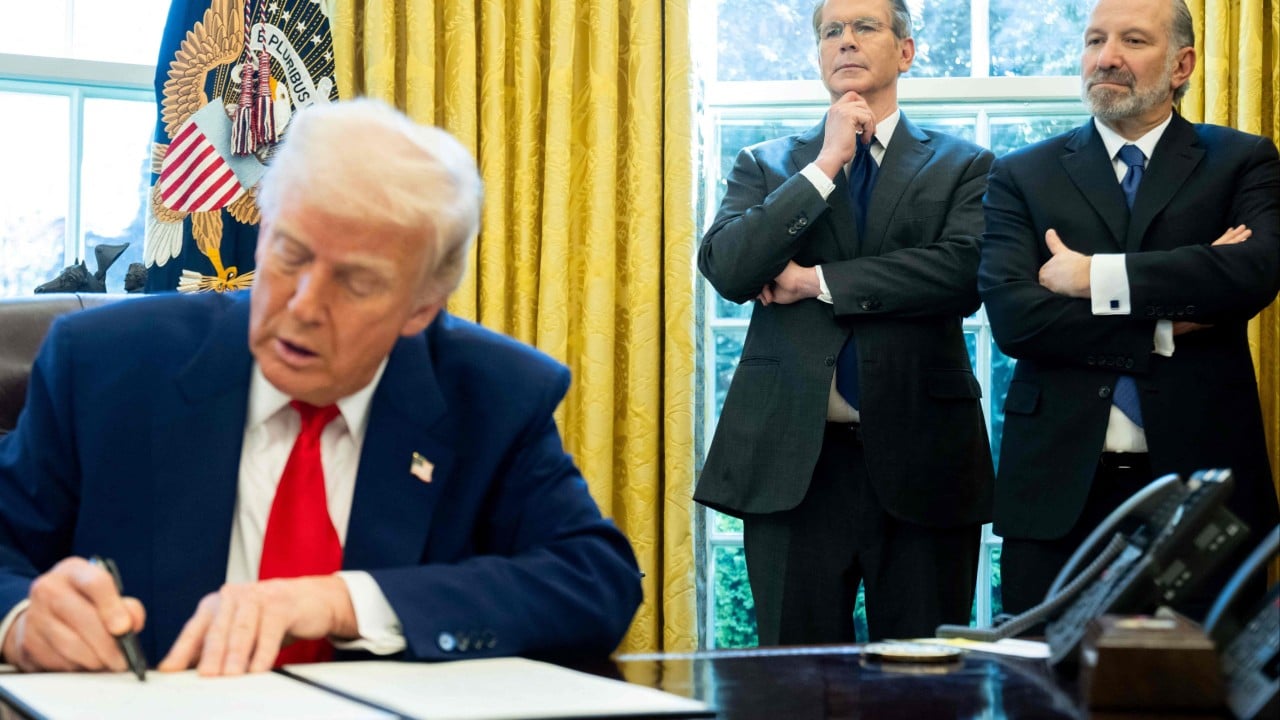Not with a whimper but a bang. Is this the way the global economic order ends? And, will its collapse leave behind a wasteland or pave the way for a new and more sustainable economic order?
Advertisement
These critical questions have gone largely unanswered in the welter of comment and analysis on Donald Trump’s tariffs. We need to start seeing the wood for the trees. That the US president has announced a 90-day pause on higher tariffs (leaving the minimum 10 per cent levy in place) does not alter the fact that the shock of his tariff action will catalyse a fundamental change in trading patterns.
The possibility that punishingly high tariffs could still be applied, and universally, if trading partners do not meet his demands, is very likely to awaken governments to the fact that the post-war system is unsustainable.
This is not to credit Trump’s administration with a broader economic vision than it possesses. But someone had to alter the course on which the global economy was wrongly set and Trump looks ready to do so, even if by accident rather than intention. He has not seized the helm by force and we are not the innocent victims of his piracy.
What seems to have been overlooked is that America is able to call the shots and occupy the pedestal of being the world’s largest economy largely because other nations have connived at its ascent. There is a major financial dimension to this argument, one not sufficiently appreciated, and that situation has to change before a healthier and more sustainable balance of economic power can be achieved and sustained.
Advertisement
It all has to do with the vast financial power conferred upon the United States by the 44 nations party to the 1944 Bretton Woods Agreement, from which the dollar (initially backed by gold, which the US held in abundance) emerged as the world’s premier reserve currency, and to which other currencies were linked. This gave the US the ability to spend well beyond its means, using dollars rendered good as gold, and to import far more goods than it was capable of producing.

